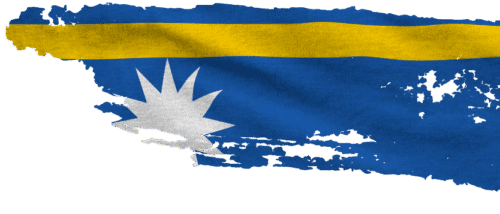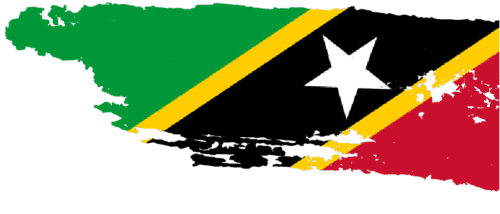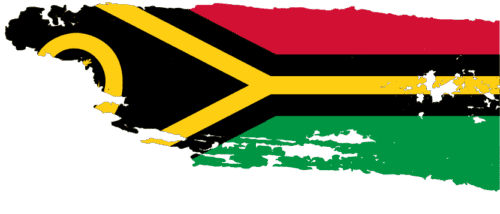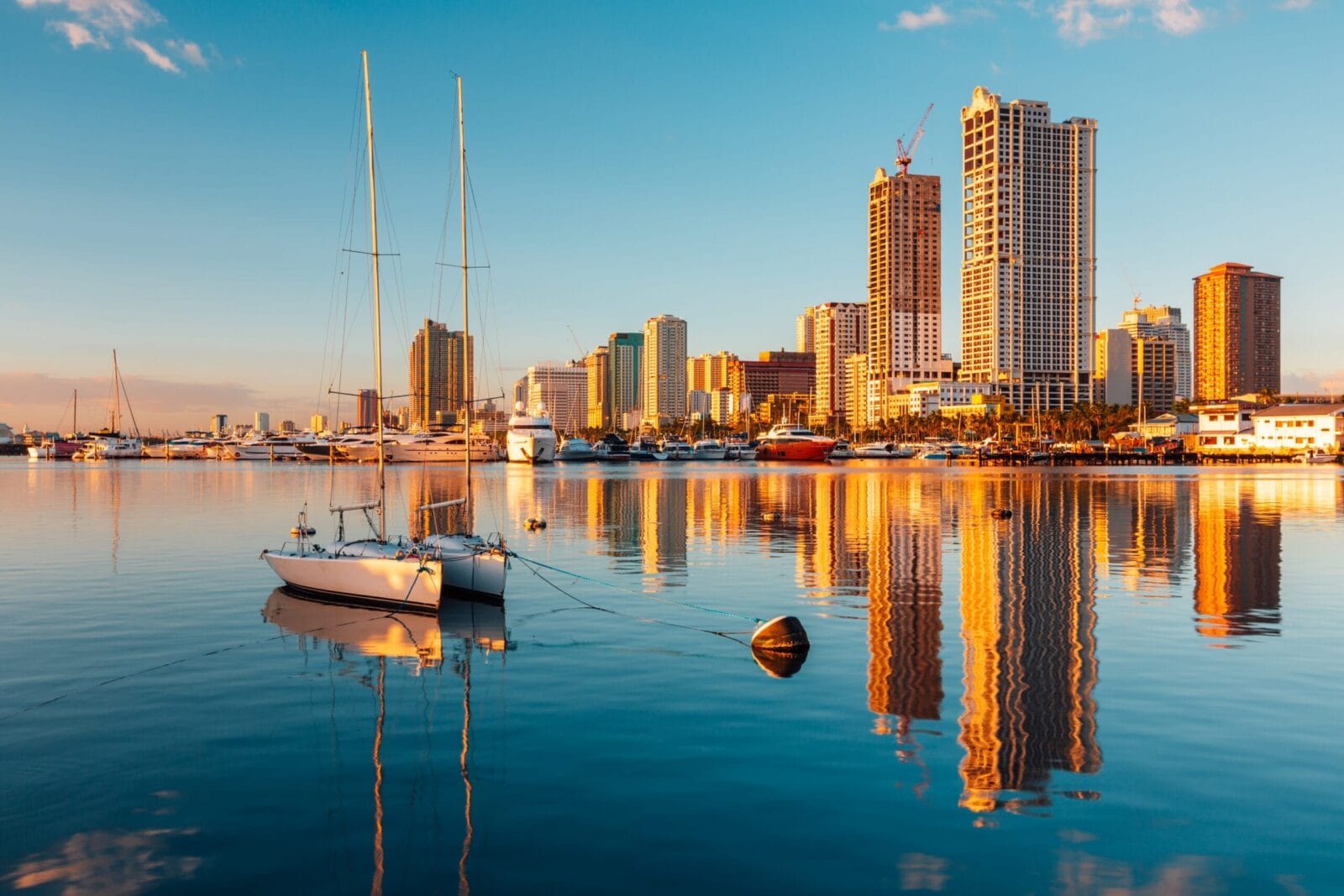Introduction: Becoming a U.S. Citizen From Australia
Becoming a U.S. citizen from Australia is a structured process that involves obtaining lawful permanent residency (Green Card), meeting eligibility requirements, and completing naturalisation. The dream of obtaining U.S. citizenship is shared by many immigrants globally, including Australians.
For those considering moving to USA from Australia, the country’s culture, economy, and geopolitical influence make it an appealing destination. Australians who aspire to become American citizens seek new opportunities, lifestyle improvements, and long-term stability.
This guide explains how to get American citizenship from Australia, answers can Australian citizen become American citizen, and provides clear pathways, requirements, and things Australians must know before moving to the U.S.
Understanding USA Citizenship

What U.S. Citizenship Means for Australians
US citizenship provides Australians with legal rights, civic responsibilities, and long-term security. The United States is built on liberty, democratic values, and opportunity.
Key Rights of U.S. Citizens from Australia
- Vote in federal, state, and local elections
- Work in any profession in the United States
- Apply for federal jobs and hold public office
- Travel freely with a U.S. passport
Responsibilities of U.S. Citizens
- Uphold the U.S. Constitution
- Pay taxes and follow the law
- Serve on a jury when required
- Participate in the democratic process
Becoming a citizen means engaging fully in U.S. society and enjoying the protections and privileges of American life.
Eligibility and Requirements for Australians

Australians hoping to qualify for U.S. citizenship must meet key U.S. naturalisation criteria. Requirements vary depending on the pathway chosen, but core eligibility includes:
Essential U.S. Citizenship Requirements
- Lawful Permanent Resident (LPR) Status: You must first be a Green Card holder.
- Length of Residency: Generally, 5 years as a Green Card holder (or 3 years if married to a U.S. citizen).
- Physical Presence: Continuous residence and physical presence in the U.S.
- Good Moral Character: No serious criminal history, unpaid taxes, or misconduct.
- English Language Proficiency: Ability to read, write, and speak English.
- Knowledge of U.S. Government and History: Must pass the civics test.
- Attachment to the U.S. Constitution: Agree to support the nation’s laws and values.
- Oath of Allegiance: Final commitment to the United States.
How to Acquire U.S. Citizenship From Australia
| 1. Birthright Citizenship | 2. Citizenship through Parents | 3. Marriage to a U.S. Citizen |
| 4. Employment-Based Immigration | 5. Naturalisation |
1. Birthright Citizenship
Citizenship by being born on U.S. soil. Not applicable for most Australians unless born in the U.S. or meeting specific parental criteria.
2. Citizenship Through Parents
If at least one parent is a U.S. citizen, Australians born abroad may qualify for citizenship. Requirements depend on parental residency history and legal conditions.
3. Marriage to a U.S. Citizen
Marrying a U.S. citizen provides a pathway through a marriage-based Green Card.
After holding the Green Card for 3+ years and proving a genuine marriage, an Australian spouse may apply for naturalisation.
4. Employment-Based Immigration
Employment-based Green Cards (EB-2, EB-3) allow Australians to obtain permanent residency leading to citizenship.
Requires:
- U.S. employer sponsorship
- Approved labour certification (where applicable)
- Approved immigrant petition
5. Naturalisation
Naturalisation is the standard route for Australians who do not qualify by birth or parents.
Eligibility:
- Green Card for 5 years
- OR Green Card for 3 years through marriage
- OR special cases like military service
Benefits of U.S. Citizenship for Australians
Australians can obtain countless benefits, such as privileges to travel, work and live from the U.S. through acquiring U.S. citizenship. Here are some of the key U.S. citizenship benefits that make American citizenship an attractive prospect:
- Voting Rights: United States citizens can vote for their federal, state, and local governments.
- Access to Government Benefits: The citizens can gain access to Government Benefits like Social Security and Medicare/Medicaid citizens are able to reach for more.
- Passport Privileges: Being an American citizen brings some privilege of hassle-free global travel.
- Employment Opportunities: US citizens have the freedom to work in any profession they choose in the United States and do not need any further permission.
- Protection Abroad: U.S. embassies and consulates overseas give consular services and protection to U.S. citizens travelling or residing abroad.
- Civic Engagement: Citizenship grants people the opportunity to participate more in civic and political activities in the US, thus influencing democracy and the country’s progress.
- Sponsorship Rights: As an American citizen, you can petition for family members who wish to come and live in the USA for the purpose of reunification.
- Eligibility for Federal Jobs: The federal government sometimes requires U.S. citizenship for some of its jobs and positions.
- Security and Stability: U.S. citizenship offers both protection and permanence. People who become U.S. Citizens cannot be deported from the United States.
5 Things Australians Need to Know Before Moving to America
| 1. H1B Visa | 2. E3 Work Visa | 3. Cost of Living |
| 4. Healthcare | 5. Drinking and Dining |
As Australians contemplate the prospect of Moving from Australia to the United States and pursuing American citizenship, it’s essential to be aware of several key considerations:
1. H1B Visa
A non-immigrant work visa requiring U.S. employer sponsorship and professional qualifications.
2. E3 Visa (Exclusive for Australians)
A special U.S. work visa category for Australians in specialty occupations. Requires:
- A valid U.S. job offer
- Labour Condition Application (LCA) approval
3. Cost of Living
Living expenses vary considerably by state and city. Australians should research:
- Housing
- Healthcare
- Education
- Daily living costs
4. Healthcare
The U.S. healthcare system includes both public and private providers. Australians living in the U.S. should secure adequate health insurance.
5. Drinking and Dining
Cultural norms differ across states, including legal drinking age and local regulations. Understanding regional etiquette helps Australians adjust smoothly.
Passport Legacy: Your Gateway to Becoming an American Citizen From Australia
It’s an inspiring journey from being an Australian resident to becoming an American citizen. As you navigate these pathways, eligibility criteria, and U.S. citizenship requirements, remember that having an American citizenship means much more than just a legal journey for a country. It is also a commitment to this nation and its culture for now.
With each step closer you take, your dream and hope of fulfilling the American dream of unlimited possibilities, rights, and responsibilities is becoming more of a reality. Whether you want to reunite with your family members, advance in your career, or start a fresh journey, the United States is ready for all your desires. If you need expert assistance and support on your quest towards US citizenship, you can always reach out to Passport Legacy.
Are you ready for the next phase in your pathway to becoming an American citizen? Get in touch with Passport Legacy for expert advisory and assistance.
Read More:
- Benefits Of Having A Second Passport
- The 10 Easiest Countries To Immigrate As An Expat
- Start Up Visa Canada: Why Is Canada A Good Option To Invest In?
- How To Get UK Citizenship For Indian?
- Interesting Facts About Dual Citizenship
- 5 Best Golden Visa Programs
- Benefits Of Having A US Citizenship
People also Search For
Australian citizens can apply for American citizenship | how to get American citizenship as an Australian | how to move to America from Australia | US citizenship for Australian citizens | US immigration for Australian citizens | US green card for Australian citizens
FAQs
Can Australians get U.S. citizenship?
No, Australians must first obtain permanent residency (Green Card) and meet eligibility criteria for naturalisation.
How long do Australians need to live in the U.S. before applying?
Typically, 5 years as a Green Card holder, or 3 years if married to a U.S. citizen.
What is the fastest way for Australians to become U.S. citizens?
Marriage to a U.S. citizen can shorten the residency requirement to 3 years. Employment-based Green Cards also provide a pathway.
Do Australians need to pass a test?
Yes, applicants must pass the U.S. civics and history exam in English.
What visas can Australians use to move to the U.S.?
H1B (skilled worker) and E3 (exclusive for Australians in specialty occupations) are common options. There are other ways to become US citizens from Australia is through residence by investment.

































